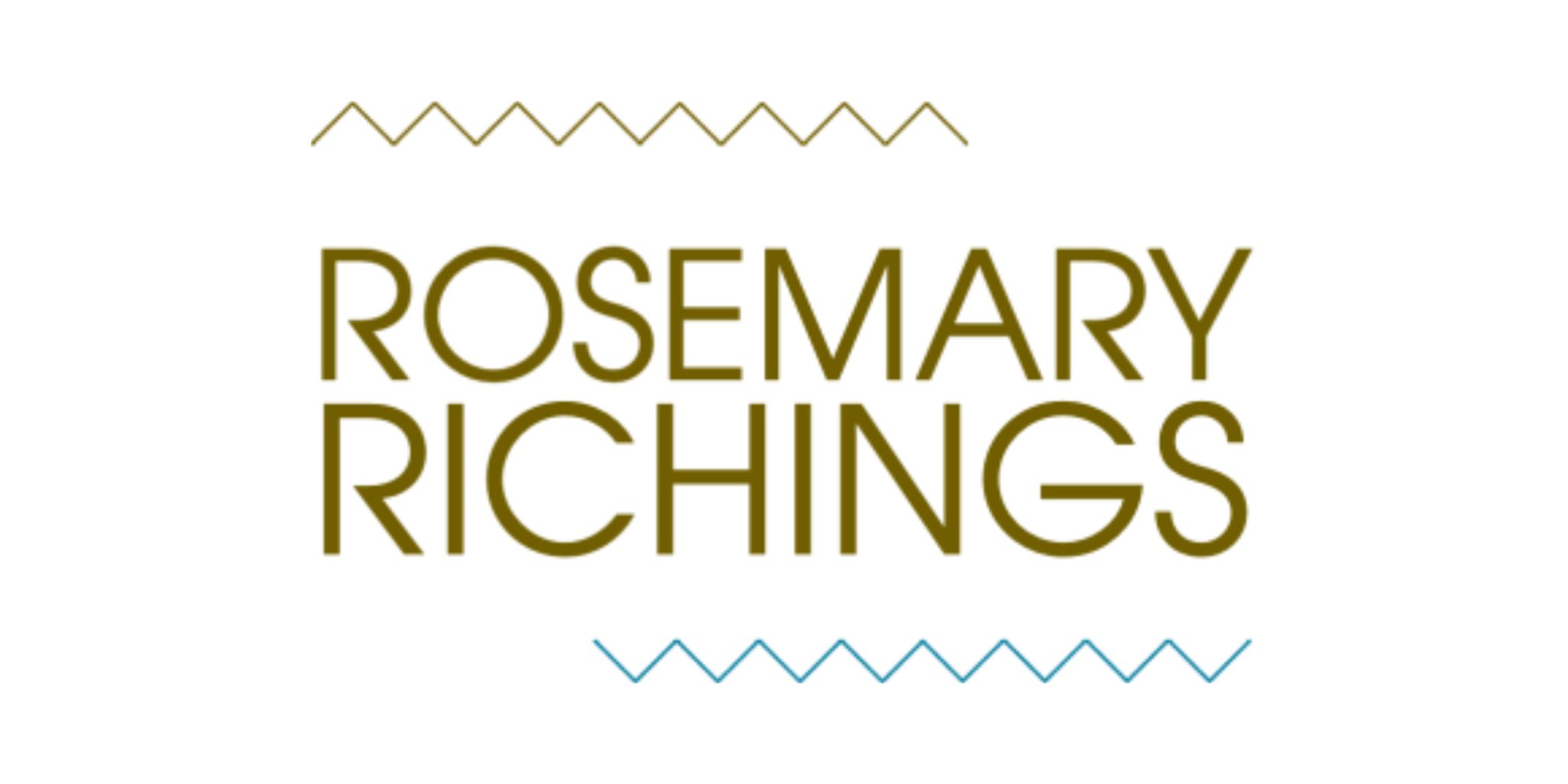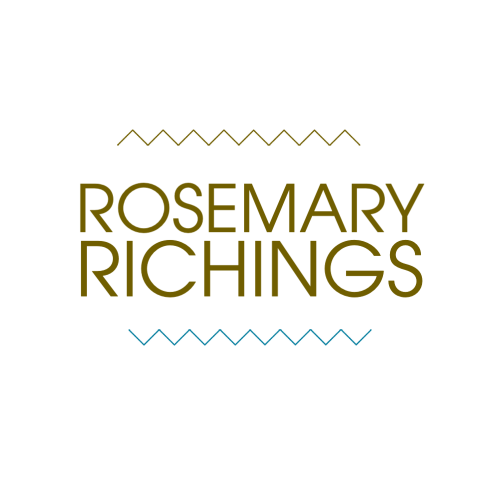On Friday, a tweet showed up in my feed that felt like a bit of an insult to not only me but anyone who is either a professional creative or works remotely. That tweet claimed that young people were throwing their career away by working from home. It also made a dinosaur-like claim that opportunity and collaboration doesn’t happen when you work from home.
As someone who has successfully worked with editors, content managers, and business owners from all over the world without ever having to see any of the people I work for in person, I know what a load of nonsense that is. On a more positive note, it did make me reflect on how much freelancing has made finding meaningful work as a neurodiverse person a lot easier.
How has working from home benefited me as a neurodiverse person?
It is possible to work and be a neurodiverse person, but everything from the open office plan and how people are hired, to stigma and the lack of adequate resources available to the general public, make things difficult. I was always a very focused, driven person with very clear goals in mind. I also tried out a lot of different jobs, from working with children to office work before I started to freelance.
It wasn’t until I discovered freelancing that I developed my best work, and felt like I could create an environment that adequately accommodates my sensory and coordination issues. I am better off in this sort of work arrangement. I’m now able to work for people in some of the most expensive cities in the world, and not necessarily have to live in one of the most expensive cities in the world to make an income and be productive. Although it was never a perfect journey. It also involved making more mistakes than I’m proud to admit.

1) As a neurodiverse person, I don’t have to structure my time the same as everyone else all the time
I have somewhat iffy feelings about Health Assured’s assumptions about Dyspraxia:
“Affecting around 5% of the population, dyspraxia affects physical coordination. People may seem clumsy, disorganized, and have trouble with structure.”
Dyspraxia, for those of you who are discovering my work for the first time, is the type of neurodiversity I have. They are almost there with their description. but for me specifically, it’s not that simple. I love to travel. To travel to some of the places I have been you have to stray far away from familiar routines. I recharge on familiarity and routine but can have a new structure and routine for a little while if I have to. Although I definitely get overwhelmed and brain fogged if I cannot get my recharge time, or the structure I must follow changes too often.
What does this have to do with freelancing and being a neurodiverse person specifically?
For far too long, I was so eager to please that I didn’t set boundaries all that well. If a client wanted to talk at a certain time, I would always talk to them. If a client emailed me in the middle of the night, I would reply back right away. As a neurodiverse person especially, I cannot do that. When I overexert myself, I get overwhelmed and emotional and that’s when my focus and quality of work suffer.
I obviously have to address more urgent stuff, like invoices and deadlines, but freelancing wasn’t designed to be a “work all the time and be on call all the time” lifestyle. You’re technically your own boss after all!
2) Getting clients does not have to equal faking neurotypical extroversion
When I first started freelancing, all the YouTubers, bloggers, and podcasters who taught me what I know about getting clients were all hyper-extroverted American women. They were definitely not a neurodiverse person. In fact, they were about as typically neurotypical as you can get. If I’m wrong, these content creators are clearly some of the best at masking I have ever seen.
This meant that I got a whole bunch of suggestions that were a horrible fit for me, from lengthy live streams to sales tactics that felt very door to doors sales or insurance person-like. I get that this works for some people, but for me it always backfired.
Once I started to focus exclusively on the aspects I was good at: from the actual work itself to getting my message across online, people took notice. I didn’t actually have to act a certain way or put on a draining persona to earn peoples’ trust and respect.
3) Don’t compete, focus on what you do best
Freelancing, especially in a field like writing and editing, can feel quite harsh sometimes. There’s always someone who can work for less or have a quicker turnaround time than you. That’s an inevitable side effect of a field that is now globally available thanks to the internet.
The worst mistake I made of all for far too long was feeling like every quote, every draft, every single thing that I offered was one big competition with a hundred or more other people. Falling for that particular trap led to bad editors and bad clients who treat me like total garbage. It wasn’t all bad though…I mean…this is year seven after all!
I really feel that far too many freelancers don’t do enough soul searching to properly align their strengths with their ideal niche. I made that mistake for far too long and found myself doing commercial copywriting where I felt extremely disposable. It led to an impressive portfolio, but I definitely wasn’t happy. Once I started to be hired based on my disability-lived experience perspective, I felt like people valued my time a lot more. I was also having a way better time doing the work itself.
I decided to write this because I am defiantly noticing a visible increase in neurodiverse freelancers. If that’s you, I want you to know that it’s definitely possible, but a lot depends on your overall approach.


